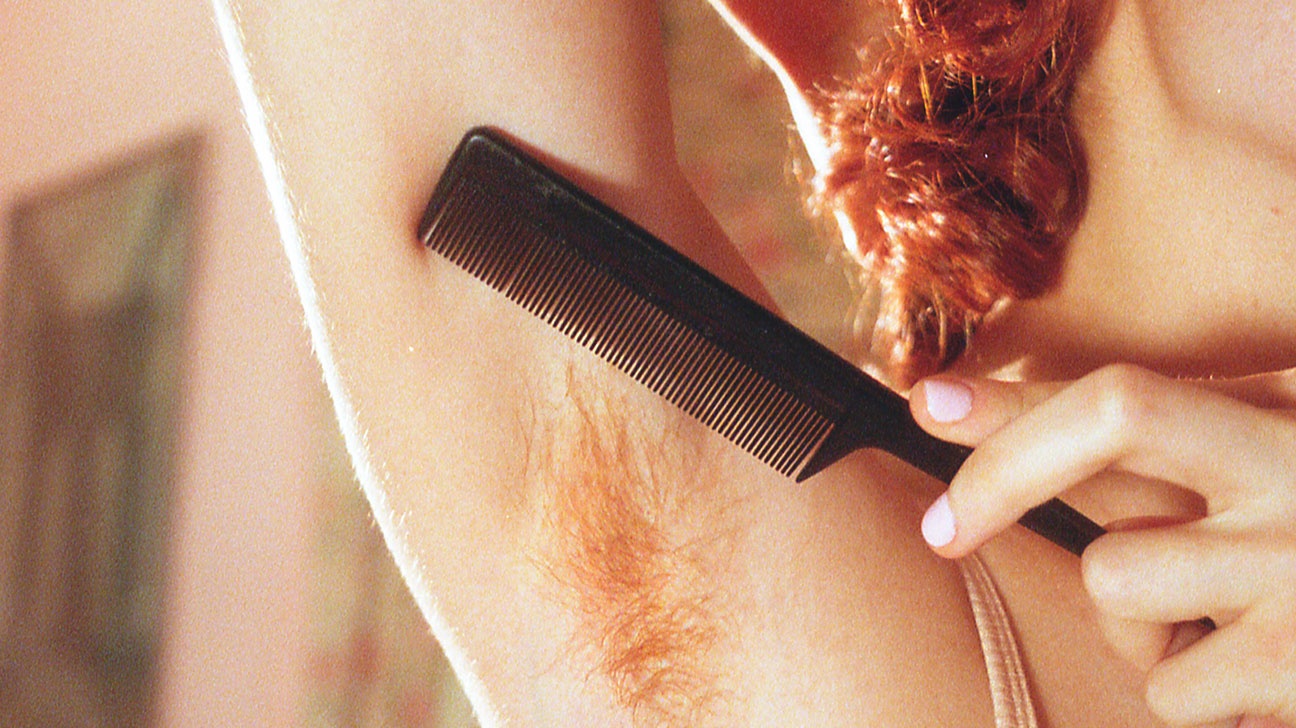Recently, I made the decision to grow out all of my body hair. Since then, I have experienced a whole array of reactions from family and friends. These have ranged dramatically between open disgust on one end of the spectrum, to very enthusiastic support on the other, with some others ambivalently resting somewhere in the middle. Though I thoroughly appreciate all the body hair positivity cheerleaders and queens I’m blessed with in life, I do especially cherish these middle-of-the-roaders. It is comforting to know that there is at least one audience for whom the exercising of my bodily autonomy isn’t totally radical – especially considering that my initial reasoning for growing out my body hair wasn’t founded in any radical intentions at all.
Student showers are largely to thank for this. For, my personal epic lows amongst the many triumphs and defeats of the student accommodation experience have come in the form of my continuous hopping in and out of my own shower each time I wish to be cleansed. Each time, I send out a silent prayer to whichever entity above assumes control over my shower’s temperatures. Yet, on frequent occasion, I – naked and sud-soaked – must sit and wait with resign on my bathroom floor until that wondrous moment when the shower decides to provide a temperature tolerable to the human body once again. From this, it’s only made sense to cut ‘shaving time’ out of my mildly torturous shower time – for the sake of convenience, if nothing else.
Despite this, while convenience did cause the initial re-growth of my body hair, reasons extending far beyond convenience have led to my continuation along this path. For one, my attention since then has been far more sharply drawn to concepts surrounding gender; in particular, to disparities between the performance of the sexes. For a man to express his femininity outwardly, he must add things, whether that be paint on his fingers, makeup on his face, or a skirt or dress on his body. Contrastingly, for a woman to express her masculinity outwardly, she presents as she naturally appears; she doesn’t make so much of an effort to ‘dress up’, she doesn’t wear her makeup and she doesn’t remove her body hair.
It begs the question: how much of our femininity is inherently performative? When for women to show up just as they are is so often perceived as ‘masculine’? Is “femininity” therefore even real, or is it just another word for “expressionism” – just with the added bonus of shaming more outwardly expressive men?
Insidiously, the hair removal of women also goes hand in hand with the infantilisation of women: the only state wherein we are quite so hairless as when our hair is purposely removed is when we are prepubescent. Our resultantly more “youthful” appearance could be argued as providing further subconscious justification for men to belittle us, thereby keeping us fixed in our more submissive role within the patriarchy.
This not only benefits the systemic evil that is the patriarchy: it also significantly benefits capitalism, as capitalism’s continuation is largely founded on manufacturing insecurities – especially in women – so that big companies can make us pay to “fix” things about ourselves that never needed fixing. It is borderline manipulative how companies such as Estrid will encourage women to have “self-love” through the act of shaving, when true self-love cannot be marketed and sold to you, it comes in the form of accepting yourself completely as you are.
For these reasons, I will continue to bear my hairy armpits, legs and other ‘sensitive’ regions for as long into the future as I can see. Nonetheless, this isn’t to say that I will never shave or wax again and, more importantly, neither is it to say that this is the only valid way to fight warped beauty standards, the patriarchy, or capitalism. This is because, in a society that loathes the comfortability of women and other similarly marginalised groups, the most rebellious or radical thing you can do is to simply be yourself as is the most natural to you.
Header image credit: Healthline

